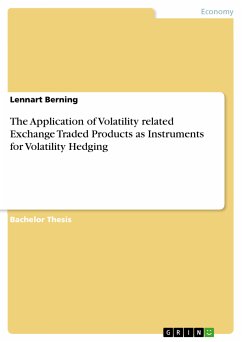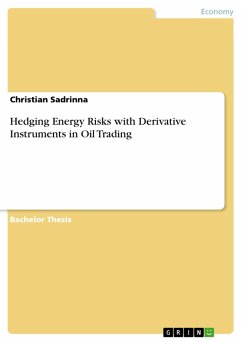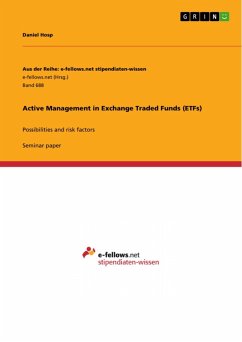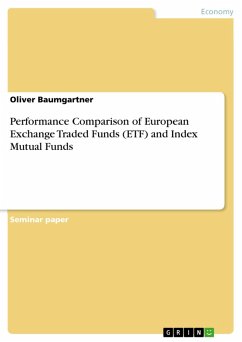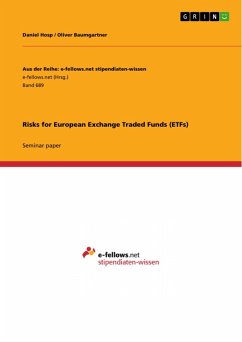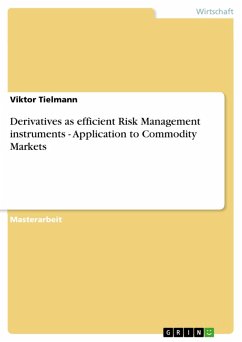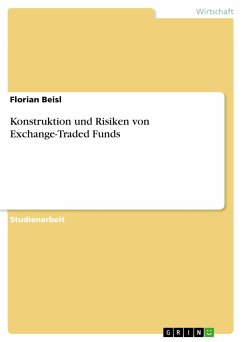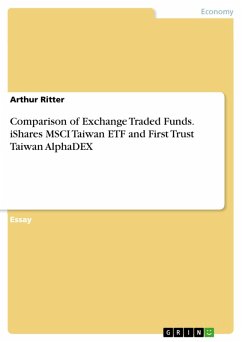Bachelor Thesis from the year 2016 in the subject Business economics - Banking, Stock Exchanges, Insurance, Accounting, grade: 1,0, Nürtingen University, language: English, abstract: Besides stocks, bonds, cash, commodities or real estate, volatility emerged as its own asset class in recent years. The last major financial crisis and increasing market volatility raised this topic to a new level. Studies have shown that volatility tends to be negatively correlated to stock market returns. In other words, when stock markets plunge, volatility tends to increase and vice versa. The development of the global financial markets and the introduction of Exchange Traded Products (ETPs) opened the markets to a wide range of investors, even to non-professional investors. The increasing interest in volatility-linked products led ETP issuers to the introduction of volatility-related products. Volatility ETPs seek to track a specific index - in many cases sub-indices - that track the performance of the Chicago Board Options Exchange Volatility Index (VIX) while providing all the advantages of a globally traded ETP such as highly liquid markets, market makers all over the world, tight spreads, low costs and assets hold as security funds. These advantages, compared to other volatility strategies via options or listed warrants, make volatility ETPs a very attractive tool for portfolio managers. The aim of this paper is to introduce the reader to the topic of volatility as an asset class respectively to volatility ETPs, their construction, price behavior and characteristics. What is more, since the vast majority of research, dealing with volatility hedging, focuses on option- or futures-based strategies, there has not been done much research on the hedging efficiency and effectiveness of volatility linked ETPs as hedging instruments yet. The analyzed question is therefore: "How efficient are volatility hedges through volatility-linked ETPs, compared to hedges through the VIX?"
Dieser Download kann aus rechtlichen Gründen nur mit Rechnungsadresse in A, B, BG, CY, CZ, D, DK, EW, E, FIN, F, GR, HR, H, IRL, I, LT, L, LR, M, NL, PL, P, R, S, SLO, SK ausgeliefert werden.

